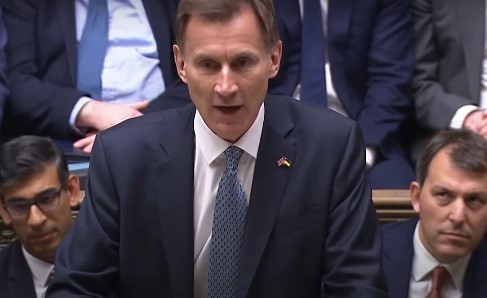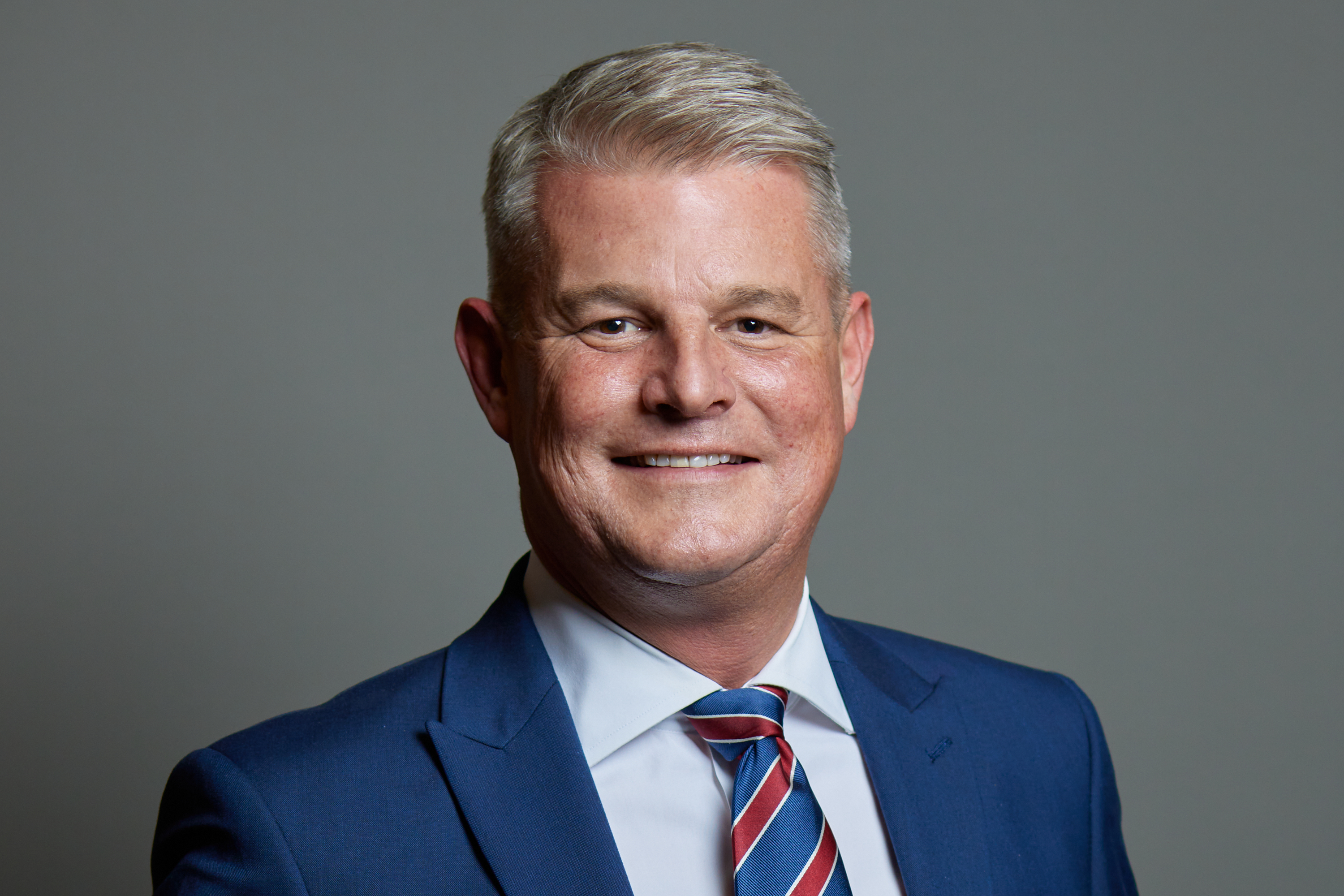Charities have welcomed Chancellor Jeremy Hunt’s decision to increase benefits in line with inflation from next year but have called for more urgent support to help vulnerable people this winter.
In his autumn statement Hunt said that Universal Credit and other legacy benefits will rise by 10.1% from April 2023. The same increase applies to the state pension, as part of the government’s ‘triple lock’ commitment to older people.
However, while charities supporting vulnerable people impacted by poverty have welcomed the move, they have raised concerns that families will have to wait months for the increase.
“We are pleased to hear that the Chancellor has decided to raise Universal Credit and other 'legacy' benefits in line with inflation in today’s autumn statement,” said Refuge’s chief executive Ruth Davison.
“This comes after consistent pressure from Refuge and numerous other organisations across the charity sector to ensure this cost-of-living crisis does not cost the lives of the most vulnerable in our society.”
But she called on Hunt to “implement the benefit uplift immediately and not wait until next April to make this vital change”.
“Survivors and their children are struggling now, and they need urgent action to weather the storm of price increases this winter. No one should be left choosing between ongoing abuse and violence or poverty and hunger,” she added.
The Chancellor’s statement also pledged further cost of living payments to be available from April next year, worth up to £1,350. This includes £900 for those on benefits, £300 for pensioners and £150 for those on disability benefits.
In addition, the Household Support Fund will continue beyond April next year, however the typical minimum bill will increase from £2,500 to £3,000.
NCVO chief executive Sarah Vibert said that uprating benefits in line with inflation “will be a lifeline for many people” but added “it will not come soon enough to prevent people facing poverty this winter”.
“And who will be expected to pick up the slack? Charities and volunteers,” she warned.
RNIB head of policy and public affairs Sophie Dodgeon called for further support to tackle rising costs to help people with sight issues.
“Blind and partially sighted people are already telling us that they are using less energy to save money, reducing the use of lighting, which is vital to navigating their homes safely, and reducing the use of assistive technologies, which support everyday life and independent living,” she said.
“While we welcome the new £900 payment for people on means tested benefits, the new £150 payment for people on disability benefits isn’t enough to meet the extra costs that people with sight loss face – working out at just £2.88 per week over a year.”
Children’s Society chief executive Mark Russell has also welcomed the move to increase benefits in line with inflation, as well as help families tackle rising costs.
We did it 🙌 The government have stood by their promise to raise benefits in line with inflation in today's #AutumnStatement.
— Children's Society (@childrensociety) November 17, 2022
✊ Together, we’ve helped protect the income of millions of families.
Thank you to all our supporters and charity partners🧡 pic.twitter.com/iT0mryPFwQ
But Russell warns these are just short-term solutions for supporting families and called on the government to develop longer term measures.
“One-off payments to support people on benefits with energy bills and the extension of the Household Support Fund are welcome additions, but they are still temporary sticking plasters over much bigger issues,” he said.
“We need long term solutions such as increasing child benefit payments, feeding more children through free school meals, and long-term funding for local crisis support.”
He also called for assistance this winter, rather than implementing extra support next year.
“We are at a point where families are just not able to stretch their incomes any further,” said Russell.
“It is exactly why we still need far more targeted support for children to help households who have already slashed their budgets to the bone. It is why the government should be ready to step in this winter to prevent children going cold and hungry.”
Youth homelessness charity Centrepoint is another charity that campaigned to ensure benefits match the cost of living.
“That said, this should never have been up for debate in the first place,” said Centrepoint head of research, policy and campaigns Alice Walker.
“Announcing they would be uprated today does not change the simple fact is that benefit levels have been far too low for far too long. This has been especially true for the most vulnerable young people, particularly since the Universal Credit cut last year meant they lost almost a quarter of their income.”
“Today’s announcement is welcome but overdue and, should inflation continue to rise, could still leave claimants with too little money to cover the cost of essentials.”
Lack of support for charities
While household relief to meet soaring energy costs beyond April has been confirmed by Hunt, there is no such guarantee for the Energy Bill Relief Scheme, which charities are eligible for but end in March 2023, Jay Kennedy, policy and research director at the Directory of Socal Change warns.
Instead a review is to take place on any extension to the scheme. This is set to be completed by the end of December when the scale of support “will be significantly lower”, warns Kennedy.
There is no £ in the tables for the Energy Bill Relief Scheme, which #Charities are eligible for, after March 2023. #AutumnStatement says the review will be completed by 31 December. Says 'scale will be significantly lower'. So any cost would need to be added in Spring Budget?
— Jay Kennedy (@JKENNEDYDSC) November 17, 2022
Charities Aid Foundation chief executive Neil Heslop said it is "disappointing that the Chancellor did not mention any support for charities".
“Charities are at the frontline of the cost-of- living crisis helping those most in need- providing warm places, food packages, mental health services, and support for the homeless," he said.
“These organisations are under severe financial strain, facing soaring energy bills, declining income as people cut back, but significantly rising demand for their services.
"Charities must be at the centre of any continued energy support from April and need to know where they stand.”
Early years concerns
Neil Leitch, chief executive of early years charity the Early Years Alliance, which represents providers in the sector, said it is “extremely disappointing and beyond frustrating” that no extra funding has been made available to support nurseries, especially as they meet commitments to increase salaries in line with the National Living Wage.
In his autumn statement Hunt said this will increase by 9.7% to £10.42 an hour.
Young Women’s Trust chief executive Claire Reindrop is also concerned that “childcare has been completely overlooked from this budget”.
She added: “As an immediate measure, the government must support childcare providers to cover the increases in the National Living Wage, to prevent even more going out of business – but much wider reform is needed to make childcare available and accessible to all.”













Recent Stories